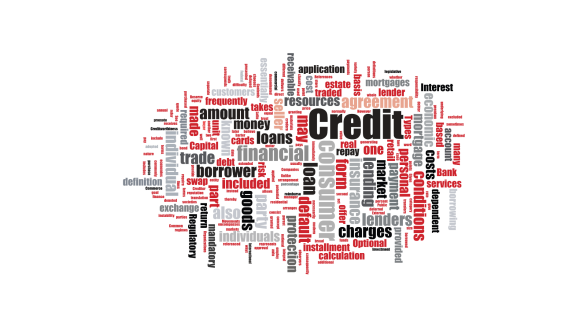Below, we’ll tackle the murky world of credit reports, credit reporting bureaus, and look at how one agency may differ from another. We’ll also discuss how to rebuild credit scores fast.
What Exactly Is a Credit Reporting Bureau?
In the United States, just three corporations hold the keys to whether or not you are approved for a loan or line of credit with a financial institution. These three companies are known as Experian, Equifax, and TransUnion.
Each time you open an account, you’ll typically be asked for your social security number. This isn’t done simply to verify your identity, it’s also done so the bank can obtain a copy of your credit report. Some banks may look at a report from all three bureaus, while some may have a contract with just one bureau that provides their credit reports. Regardless, the report will contain a complete financial picture of your life for the last seven to ten years.
What Can Be Found on My Credit Report?
Once the bank has your name and social security number and has determined whether or not they will approve your loan or line of credit, the credit reporting process has just begun.
Now that you have an open loan or line of credit, the banks begin reporting to credit bureaus–check out our article on how often Capital One reports to credit bureaus to learn more. Besides financial institutions reporting on your credit cards, there will be a variety of other items on your report. Here are some common items that are found on a credit report:
Credit Card Accounts
Which bank is the account with? What is your maximum credit limit? How much do you currently owe on the card and what is your estimated monthly payment? All of these items and whether or not you’ve ever missed a payment by more than thirty days will show up here.
Loans
Whether it’s a thirty-year mortgage or a loan for your child’s new car, you’ll find similar types of information such as the original loan amount, how much is owed, late payment history, and your monthly payment amount.
Collections Accounts
If you’ve ever had an account go to collections, that will also appear on your credit report. This is partially done in an attempt to shame the debtor into paying their debts by lowering their credit score and making it harder to obtain loans. If you’ve ever wondered how credit scores go down, collections accounts are one of the leading factors.
Bankruptcies and Other Legal Judgements
If you’ve ever gone through bankruptcy or had a court order against you for a debt, these items will appear on your credit report as well. Typically, a bankruptcy will stay on your report for between seven and ten years. Regarding judgements, once the judgment is paid in full, it will be shown as a paid and completed item on your report for a few more years afterward.
Is One Credit Bureau More Important Than Others?
The short answer is, no. However, if one of the credit bureaus is reporting wildly inaccurate information about your financial status and payment history, it may be time to correct these issues.
This is where credit repair companies like the Phenix Group can help. They will work with you side-by-side to examine your credit reports from each of the three bureaus in order to identify inaccuracies and dispute them. Once an inaccurate negative item is removed, your credit score could rise significantly.

